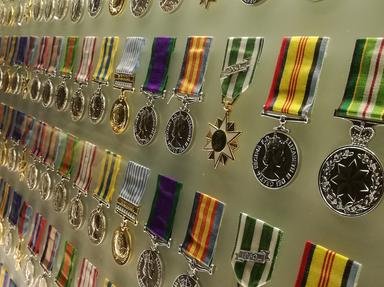
Brillant Military Leaders/Strategists - Part I Quiz
This quiz is about military leaders. Not all these men were nice guys, but they used their abilities of leadership and as strategists to influence the course of history.
A matching quiz
by ncterp.
Estimated time: 3 mins.